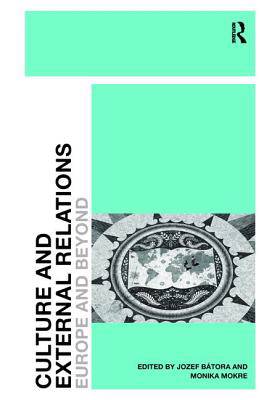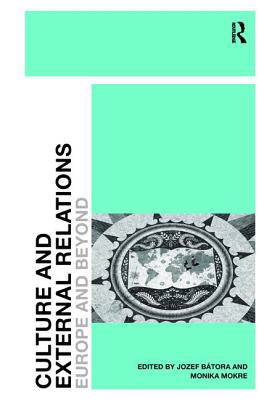
- Afhalen na 1 uur in een winkel met voorraad
- Gratis thuislevering in België vanaf € 30
- Ruim aanbod met 7 miljoen producten
- Afhalen na 1 uur in een winkel met voorraad
- Gratis thuislevering in België vanaf € 30
- Ruim aanbod met 7 miljoen producten
€ 70,45
+ 140 punten
Uitvoering
Omschrijving
Political entities use culture to support their soft power potential, to generate goodwill, to frame international agenda in particular ways, to erect and re-enact boundaries and/or to create societal linkages across them. While the importance of culture has been on the rise in the realm of foreign affairs, its role in this field remains one of the most under-studied aspects of state policy. In this book, a range of international experts take an unprecedented look at what role external cultural policy plays in foreign affairs. The book features historical case studies ranging from European 'civilizing' engagement with nineteenth-century China to uses of Abstract Expressionism as an instrument in the ideological struggles of the Cold War. Conceptual issues ranging from the dynamics of the 'Anglosphere' to the effects of what some term the 'culture of liberal democracy' are addressed. Current trends in the uses of culture in the EU's external relations both from the perspective of institutional developments, policies and practices in the EU and from the perspective of countries engaged by the EU's cultural policies are also discussed in greater detail. The systematic, theoretically informed and empirically supported analyses make this book an indispensable read for scholars and policy makers wishing to gain a new understanding of the role that culture plays in foreign affairs.
Specificaties
Betrokkenen
- Auteur(s):
- Uitgeverij:
Inhoud
- Aantal bladzijden:
- 216
- Taal:
- Engels
Eigenschappen
- Productcode (EAN):
- 9781138279599
- Verschijningsdatum:
- 17/11/2016
- Uitvoering:
- Paperback
- Formaat:
- Trade paperback (VS)
- Afmetingen:
- 156 mm x 233 mm
- Gewicht:
- 452 g

Alleen bij Standaard Boekhandel
+ 140 punten op je klantenkaart van Standaard Boekhandel
Beoordelingen
We publiceren alleen reviews die voldoen aan de voorwaarden voor reviews. Bekijk onze voorwaarden voor reviews.










